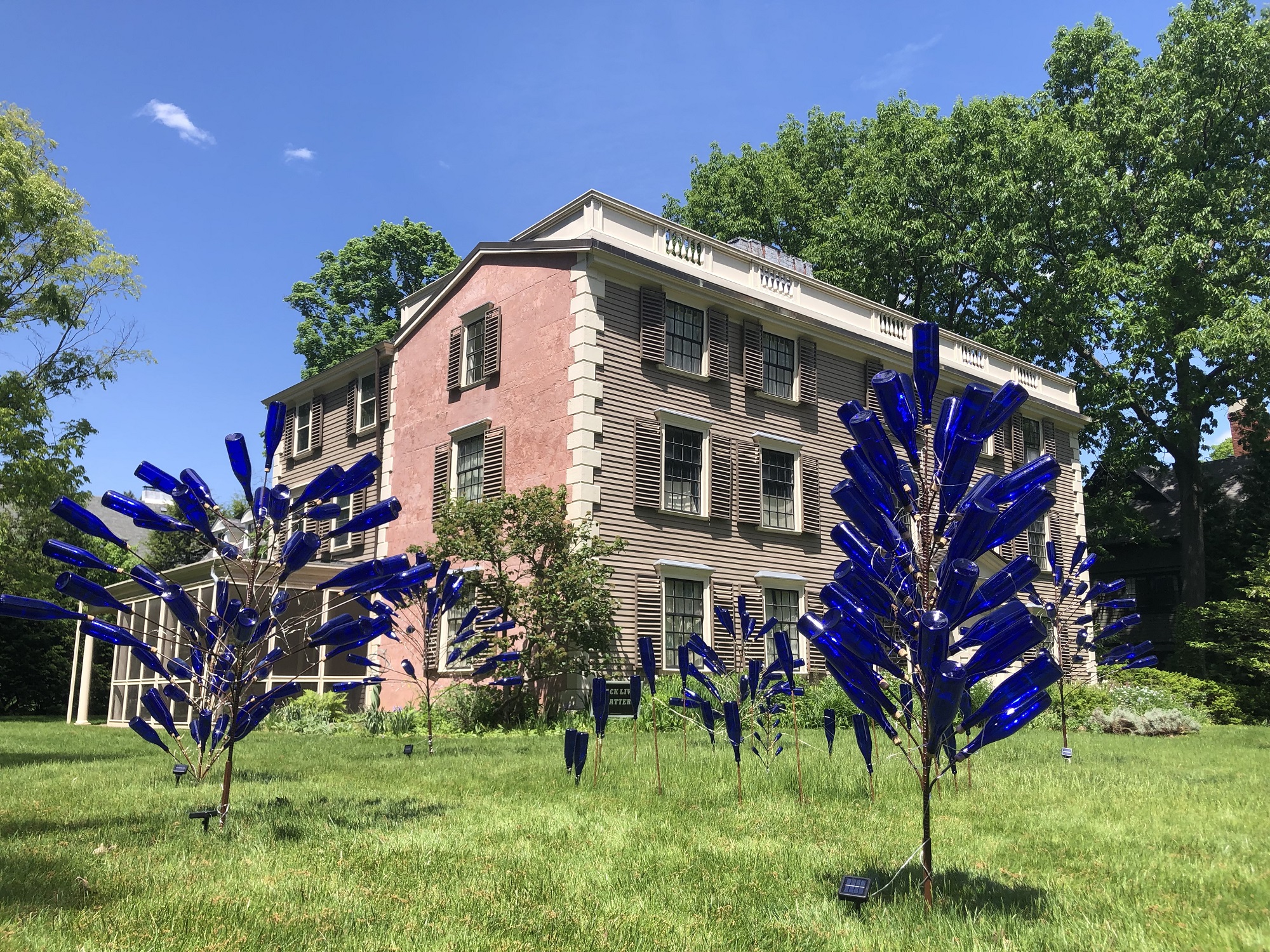We use history to catalyze the connections that make Cambridge, Massachusetts more vibrant and cohesive.
History of poorhouses reflects changing attitudes toward those on the margins of society
By Heli Meltsner, 2024 This year, as part of its exploration of North Cambridge, History Cambridge highlights the ways in which the neighborhood has historically been home to industries and institutions Cantabrigians needed but wanted to push to the edges of the city’s boundaries. Slaughterhouses, tanneries and brickyards were all necessary industries, but those in the…
‘The corner of the city he calls home’: North Cambridge through the eyes of Charlie Sullivan
By Marieke Van Damme, 2024 No matter what era you’re in, some things are universal – such as young people enjoying a good time. Where did North Cambridge teenagers go to party in the mid-1970s? Some went to a vacant, overgrown area near the train tracks just out of Porter Square, the site of a horrific…
New Years in Cambridge of the past held meaning as ways to address moments of crisis such as war
By Beth Folsom, 2024 For most of us in present-day Cambridge, the arrival of a new year brings with it both reflection on the past year and the promise of a new start; whether we want to eat healthier, get organized, start exercising or any other of the many resolutions we make each New Year’s, the…
East Cambridge History Hub
2025 is our year of East Cambridge See what events we’ve got planned! A Brief History of East Cambridge The area that we now know as East Cambridge was for many centuries largely salt marshes and mud flats which, at low tide, virtually cut the area off from other parts of the city, as well…
LGBTQ+ History Hub
This hub is a work in progress. Have some resources to add? Let us know! In This Hub Introduction Cambridge is a well-known leader in LGBTQ+ rights. The city was first in Massachusetts to perform gender-affirming surgery in 1972, and in 2004 it became first in the country to grant same-sex marriage licenses. City government…
North Cambridge History Hub
North Cambridge History Hub
Fort Washington History Hub
Fort Washington Park is the last remaining fortification from the Revolutionary War in Cambridge, but the park and neighborhood hold rich histories beyond the Revolutionary era. This History Hub contains materials that details the eras of the park
Cambridgeport History Hub
History Hub for all things Cambridgeport
Culinary History Hub
Culinary History of Cambridge By Rain Robertson, and revised by Deb Mandel, 2022 Cambridge holds a rich and distinctive culinary history. It gave America ice, the Porterhouse steak, Peking ravioli, its first star chef in Julia Child, and a hankering for Indian food. This is a survey of 20th century markets, delis, cafeterias, and local…
Indigenous Peoples History Hub
Curious about the Indigenous history of this place? Start learning here.
Inner Belt Hub
Cambridge had a major role in battling one highway for decades and eventually sparking a process that created a powerful coalition that led officials to remake transportation policy for the Boston area inside Route 128
Black History in Cambridge: Online Resources Hub
Above Image: Saundra Graham speaks into a megaphone during the occupation of 319th Harvard Commencement June 11, 1970 (Courtesy Cambridge Historical Commission) Delve into these online resources that explore Black history in Cambridge. More programs and events about Cambridge’s Black history are being planned. To be notified, sign up for our monthly enewsletter. Articles Self-Guided…
Early Black Cambridge Resource Hub
Are you interested in learning more about the history of race, slavery, and African American life in the Cambridge area? This guide highlights many of the resources available that touch on these topics, including primary, secondary, and public-facing sources (such as self-guided tours and websites). While this hub is focused on material related to the 1700s, it also offers relevant material from later periods in Cambridge history.
Curious About Forgotten Souls of Tory Row?
In 2022, History Cambridge was awarded an Arts for Social Justice grant from Cambridge Arts. We selected the artist collaborative Black Coral, Inc. for the project and installation began in May 2022, with the art on view from June 1st 2022 through April 7th 2023. “Forgotten Souls of Tory Row: Remembering the Enslaved People of Brattle Street” honors the enslaved adults and children who lived and worked on this land as well as those whose labor on Caribbean plantations helped finance the grand homes of white Tory Row elites.
Search Our Site
Find original research by History Cambridge staff, interns, volunteers, and community members, including articles, oral histories, and online exhibitions. Search results also include our finding aids, which describe archival materials you can make an appointment to view in person.
Shed light on untold stories and silenced voices.
Passionate about Cambridge history? Support our mission by volunteering with History Cambridge Corps.

